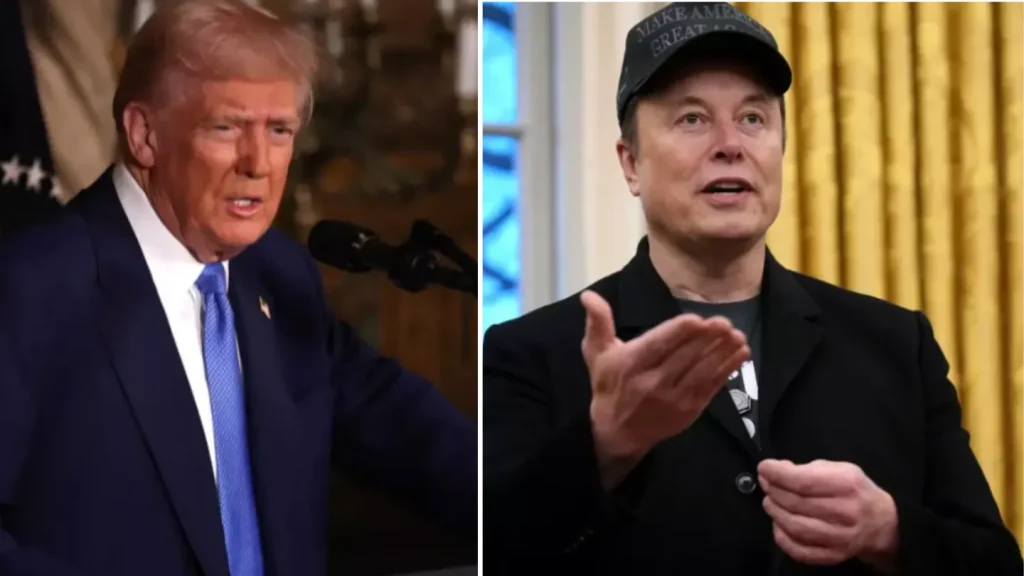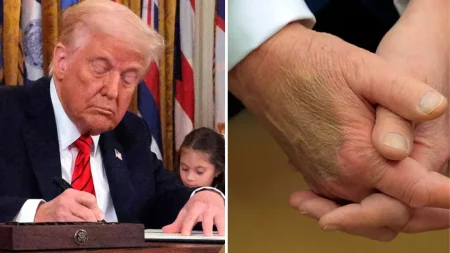In a groundbreaking shift in U.S. fiscal policy, President Donald Trump, in collaboration with Elon Musk, has hinted at a financial initiative that might put a substantial amount of money back into the pockets of American taxpayers.
The plan involves the newly established Department of Government Efficiency (DOGE), which has been a focal point for reducing governmental bureaucracy since its inception.
DOGE’s primary mission is to dismantle unnecessary government bureaucracy and cut wasteful spending, a goal it has pursued with notable zeal.
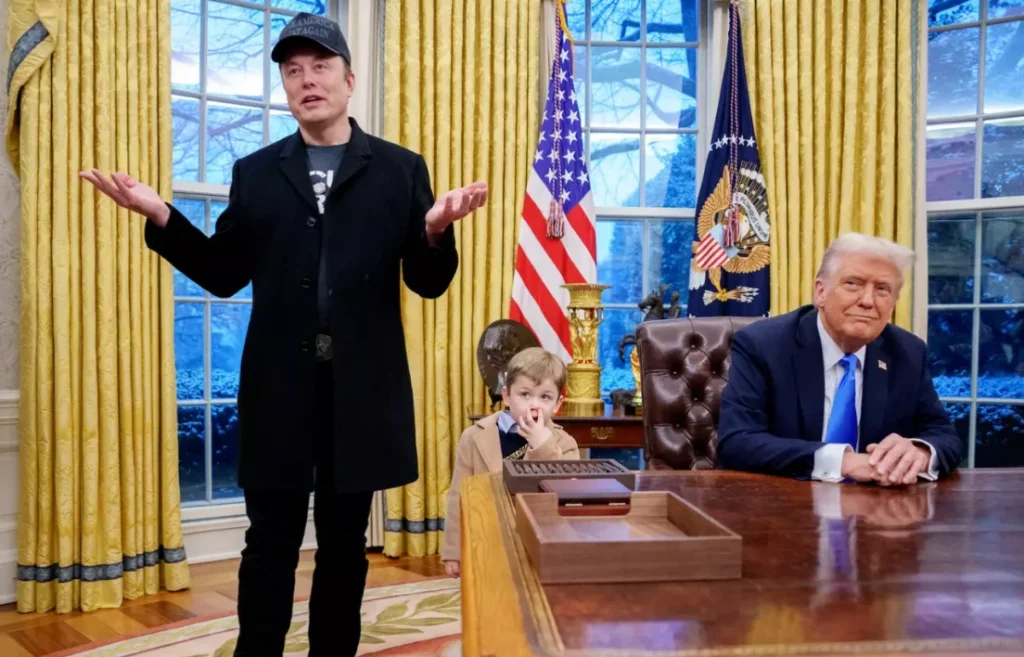
Reports indicate that since its establishment, DOGE has successfully trimmed down government waste by approximately $55 billion through a variety of methods including fraud detection, contract renegotiations, and the elimination of redundant government grants.
The savings amassed from these efforts have sparked a proposal that could benefit millions of American taxpayers directly.
The concept, initially put forward by James Fishback, the CEO of the investment firm Azoria, suggests a redistribution of 20% of these savings back to the citizens, potentially equating to a substantial “DOGE Dividend.”
The mechanics of the DOGE Dividend involve a straightforward but impactful proposal: each tax-paying American household could receive a $5,000 check as part of a tax refund initiative.
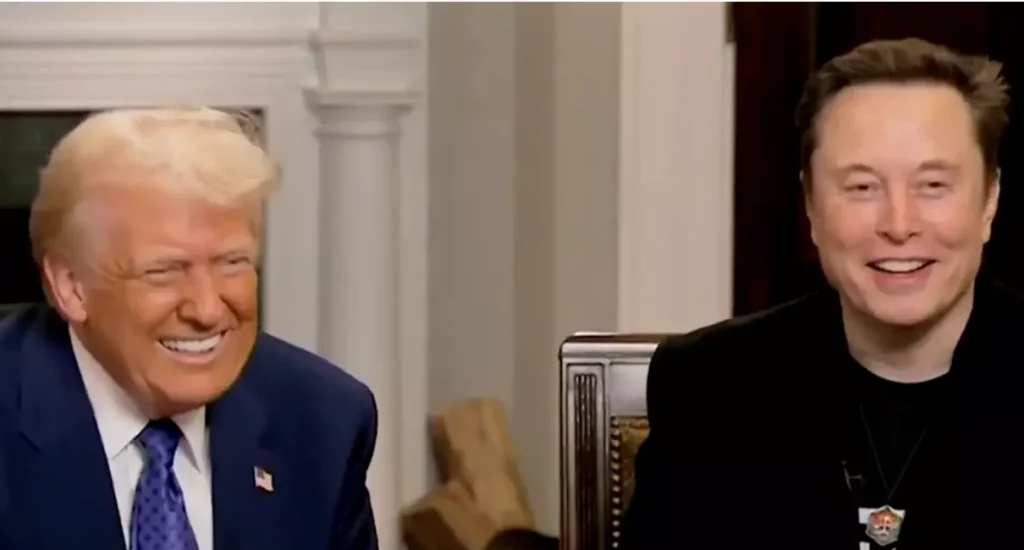
This plan draws from an estimated $2 trillion in total savings accrued by DOGE, with a portion of the remainder also earmarked for reducing the national debt.
Elon Musk, known for his visionary approach in both technology and public policy, has shown support for this plan, indicating that discussions with President Trump are ongoing to bring this proposal to fruition.
The anticipation of how and when these funds will be distributed adds to the growing public interest in the operational success of DOGE under Trump’s administration.
While the prospect of receiving a $5,000 check has captured the public’s imagination, the proposal also raises questions about the broader implications for federal fiscal policy and the government’s approach to budget management.
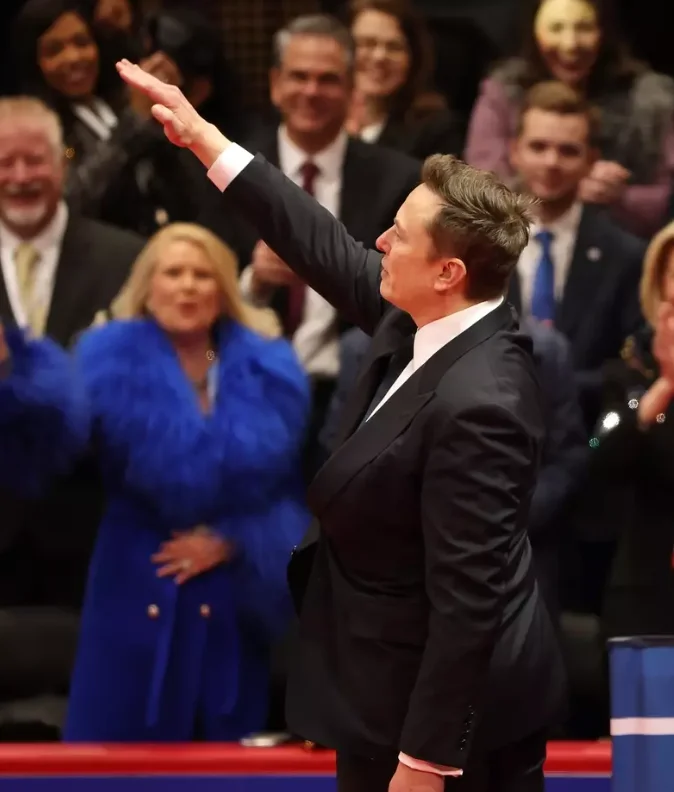
The initiative could lead to significant changes in how federal savings are utilized, highlighting a shift towards giving back to the American populace and reducing national debt.
Critics and economists are keenly observing the situation, debating the potential impacts on federal programs that depend on the funds that DOGE aims to cut.
There is also a discussion around the sustainability of such massive cuts and the long-term benefits versus possible drawbacks of such a redistribution of federal savings.
As the details of this ambitious plan are hashed out, the Trump administration continues to promote it as a reflection of its commitment to efficiency and fiscal responsibility.
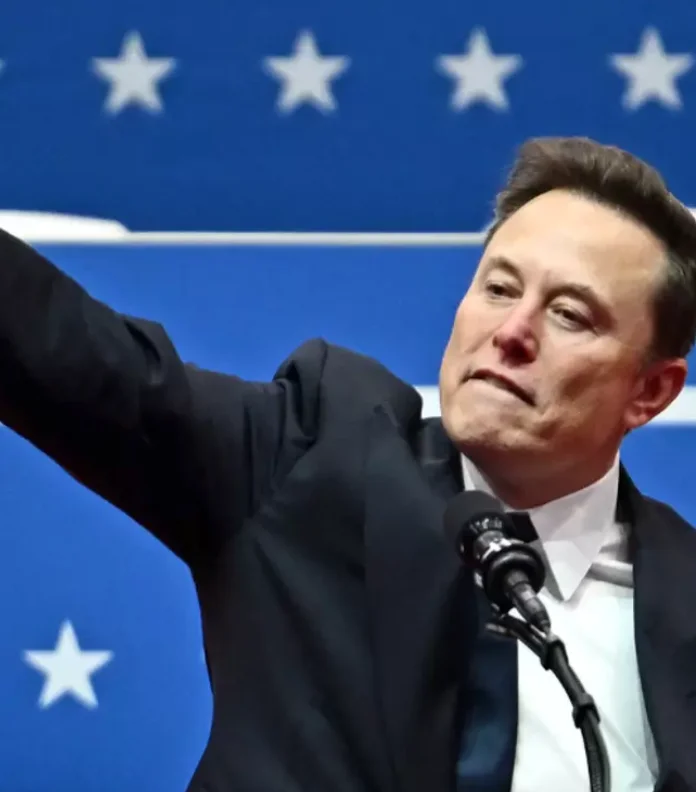
If implemented, this could mark a historic moment in U.S. government policy, directly benefiting taxpayers and potentially setting a precedent for future administrations.
The excitement and skepticism surrounding this proposal are palpable, as stakeholders from all sides await the final decision.
If approved, the DOGE Dividend could lead to an unprecedented payout next summer, marking a significant chapter in President Trump’s legacy of governmental reform and fiscal accountability.
Feature Image Credit: (Credit: ANGELA WEISS)

